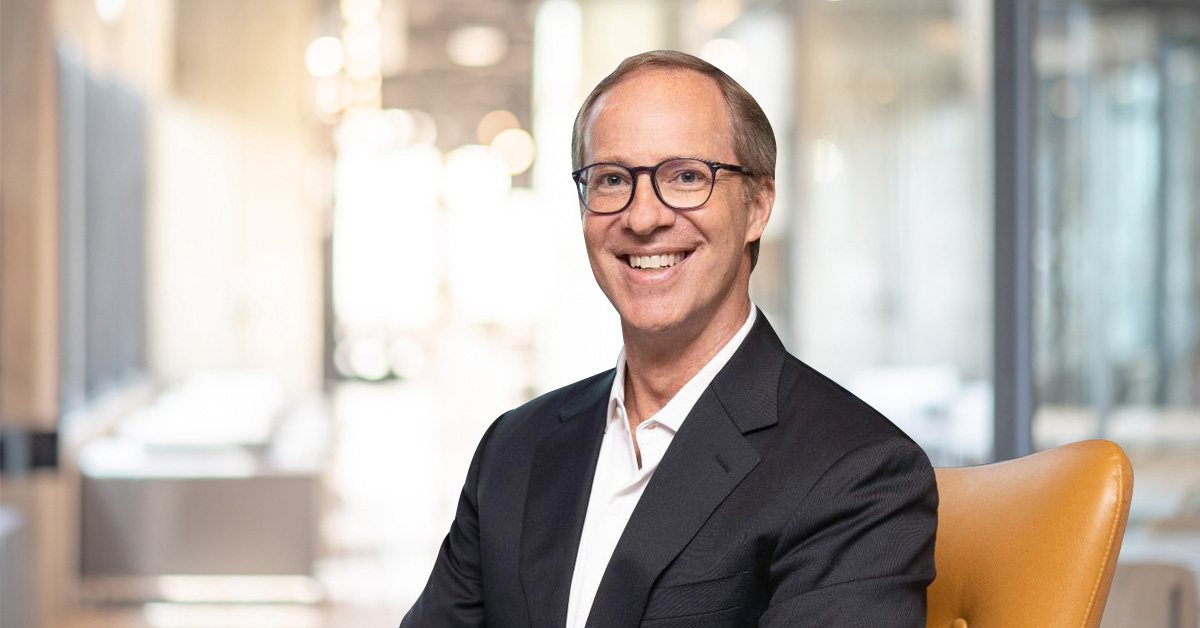
What’s in a name? Sometimes, it can clearly signal a changing of the times. Come 2022, the Master of Science in Applied Finance (MAF) module currently titled Alternative Investments will be renamed Sustainable Finance and Alternative Investments. Meanwhile, the Master of Business Administration (MBA) module formerly named Asset Management has now become Sustainable and Impact Investing.
For the former, the emphasis will shift to sustainable investing, with a special emphasis on alternative asset classes: For example, “mainstream” alternatives like venture capital, private equity and hedge funds; and “new” alternatives like insurance-linked securities, cryptocurrencies, and alternative finance.
The latter MBA module will focus solely on the sustainable and impact investing, covering practical aspects of how the industry works, the key players and important strategies, and the elements that make sustainable and impact investing unique as compared to traditional investment strategies.
Both are taught by adjunct faculty member Matthew Dearth, who says the changes to reflect a shift in content emphasis have been ongoing for some time.
“I’ve been teaching these modules since 2016, and I’ve always included impact investing in the content to make sure students had exposure to this topic,” he explains. “There was an opportunity to take the basic structure of these modules and apply the lens of sustainable investing to them, and I jumped at it. This way of viewing investing is like gravity — it’s not going away.”
While he is quick to point out that some form of socially responsible investing had been around since at least the 1980s, the concept of developing investment strategies and standards according to environmental, social and governance (ESG) metrics has been gaining steam in recent years.
Why? As extreme climate phenomena occur more frequently, the preponderance of scientific evidence regarding climate change becomes more inescapable. High-profile figures from politician Al Gore to investor Larry Fink draw attention to sustainability, demonstrating how the urgency of the issue has gained a wider currency, Dearth points out.
Accordingly, investment options that incorporate ESG elements have also increased. That means that for the growing number of individual and institutional investors who want the ESG impact of their investments to be at least as important as the financial returns, the options for where to put their money have grown.
From exchange-traded funds (ETFs) that exclude fossil fuel-related industries to private investment funds that empower female entrepreneurs, “there is a spectrum that makes it easier for investors to express their preferences through different financial instruments”, he says. “They now have many more choices.”
Another key factor is a generational shift, he believes. “Those born after 2000 are much more concerned about this issue, and rightly so, since they are going to inherit the mess of environmental activity that’s been happening in the last 30 years.”
His own exposure to sustainable and impact investing goes back to about 14 years. The American hedge fund he was working for at the time had a philanthropic trust, and one of the organisations that the trust supported was Worldfund, which delivers training and support for educators from underserved schools in Latin America. “I served on Worldfund’s board for years, and I saw first-hand the power of investing for impact.”
As a seasoned investment management professional who currently runs his own advisory firm, Dearth believes that finance and business students today must become familiar with the sustainability mindset. Students in the MAF programme tend to be in their mid-twenties, meaning “we can hook them early and introduce sustainability, ESG strategies, and impact investing with more depth in their lessons, as well as in projects with industry partners”.
Students in the MBA programme, on the other hand, are typically mid-career professionals. “They are in a position to make an impact in their existing companies, or in the new companies many of them end up switching to,” says Dearth.
Beyond financial concepts, future investment companies may well require team members to have knowledge of environmental science as sustainability becomes a more prominent part of making investment decisions. The upcoming Singapore Green Finance Centre, a collaboration between Imperial College Business School and the Lee Kong Chian School of Business, will be developing exactly that kind of pedagogical content.
Against a backdrop of consumers’ shift in values and investors’ demand for transparency, a deep understanding of investment strategies that integrate environmental, social and governance factors will put students in good stead to meet a near-future world, where trillions of dollars will be managed with, as Dearth says, “some flavour of sustainability”.